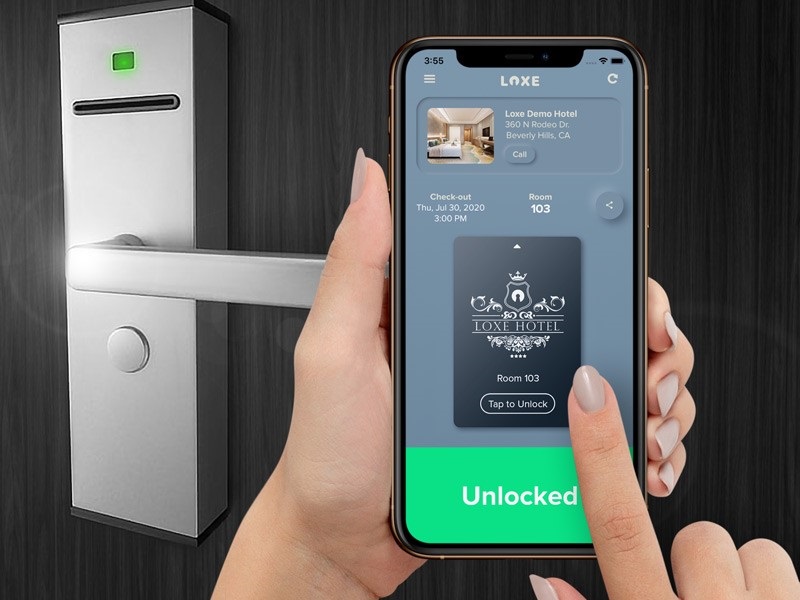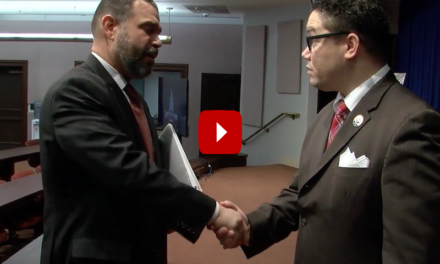Computer science alumnus, David Dahan ’07, started LOXE to revolutionize the hotel industry through keyless access technology.
Dahan received his bachelor’s degree in computer science (now housed under the School of Engineering) at Shippensburg University in 2007. He went on to become the co-founder of LOXE, a company innovating the world of hospitality by “making hardware and software work in concert.”
Dahan noticed several issues with traditional hotel key cards, especially the security risks as most hotels typically only ask for a name and room number. “I thought it would be really nice to have your room key on your phone. Not only would it be more secure, but it would also be so much more convenient.” Because most smartphones contain Bluetooth capabilities, he asked himself, “why isn’t this technology available everywhere?”
Dahan partnered with Harold Hababou, CEO and co-founder of LOXE, to conduct research on why mobile keys were unavailable to most hotels. They found Bluetooth hotel locks to be quite expensive at $300 to $500 per lock. Because most U.S. hotels average about 100 rooms, most of the industry considered upgrading locks a luxury they could not afford. Suddenly, however, COVID-19 has made a contactless experience a necessity for the safety and mental well-being of hotel guests.
The hotel industry has faced hardship for many months since the coronavirus outbreak. Dahan expressed, “we believe that if the hotel industry just goes back to normal, then we will have missed out on an opportunity to make travel better, safer, and with a better experience.” With that in mind, Dahan and Hababou sought to make LOXE technology the best, most affordable option.
“In order to address the cost issue, we decided to develop a concept in which hotels would not have to spend significant amounts of money to replace their locks to provide Bluetooth mobile keys to their guests,” said Dahan. The technology consists of a mobile app and a small Bluetooth Upgrade module about the size of a quarter, which can be installed in less than two minutes and at $24.90 per lock.
LOXE technology offers so much more than keyless access. It also helps hotels bring in more revenue through its “upsell platform.” The LOXE app provides a number of features, including mobile check-in/out, guest messaging, upsell/upgrading rooms, guest feedback, and more. According to Dahan, “this approach has been extremely well received by the hospitality industry because it provides hotels a direct connection to their guests before, during, and after their stay.”
Dahan attributes much of his preparation for and success in this line of work to Shippensburg’s computer science department, today housed under the School of Engineering. “The computer science curriculum and its passionate faculty have nurtured a love for technology and innovation that has pushed me further throughout my whole career.” He said he keeps in touch with his former professor, Dr. Carol Wellington, and appreciates “her valuable insight and guidance,” even upon years after graduating.
Dahan believes the computer science program challenges students to “push their own boundaries”. He brought this motivation to his career to start LOXE and seek solutions through innovative technology.



